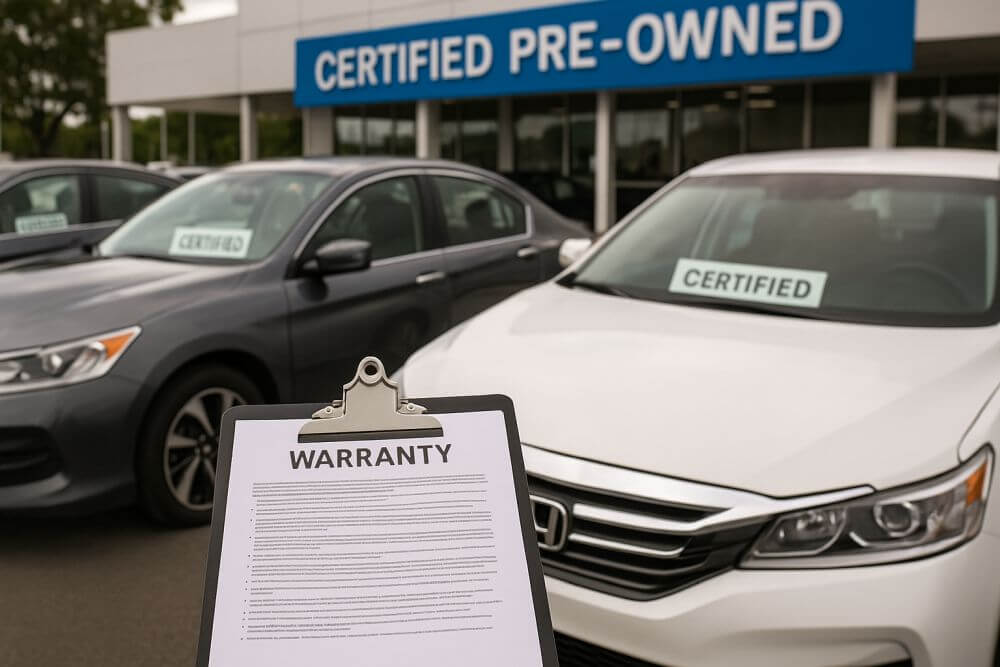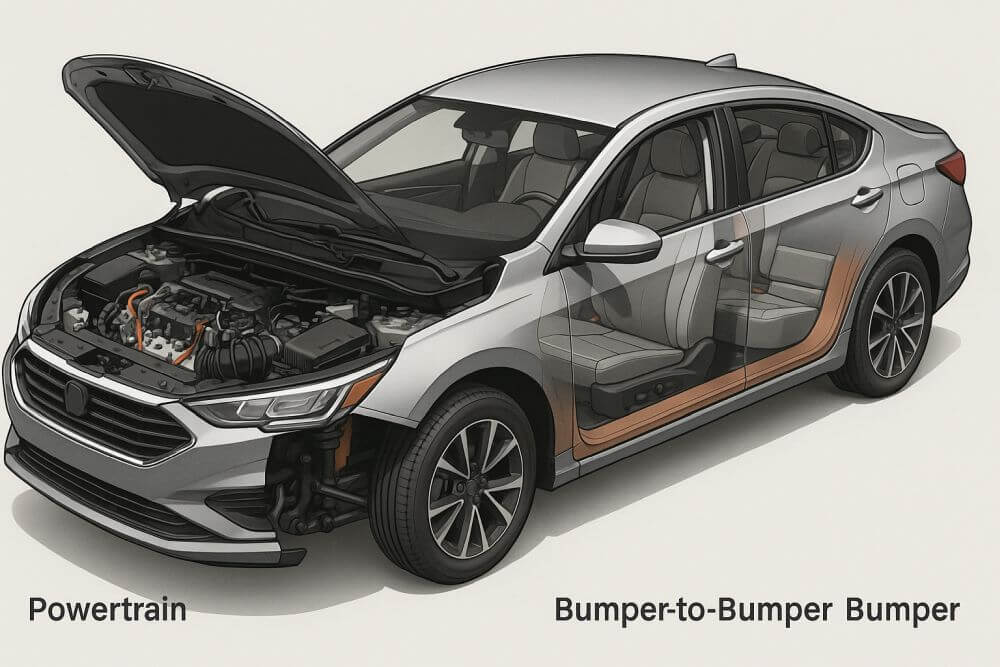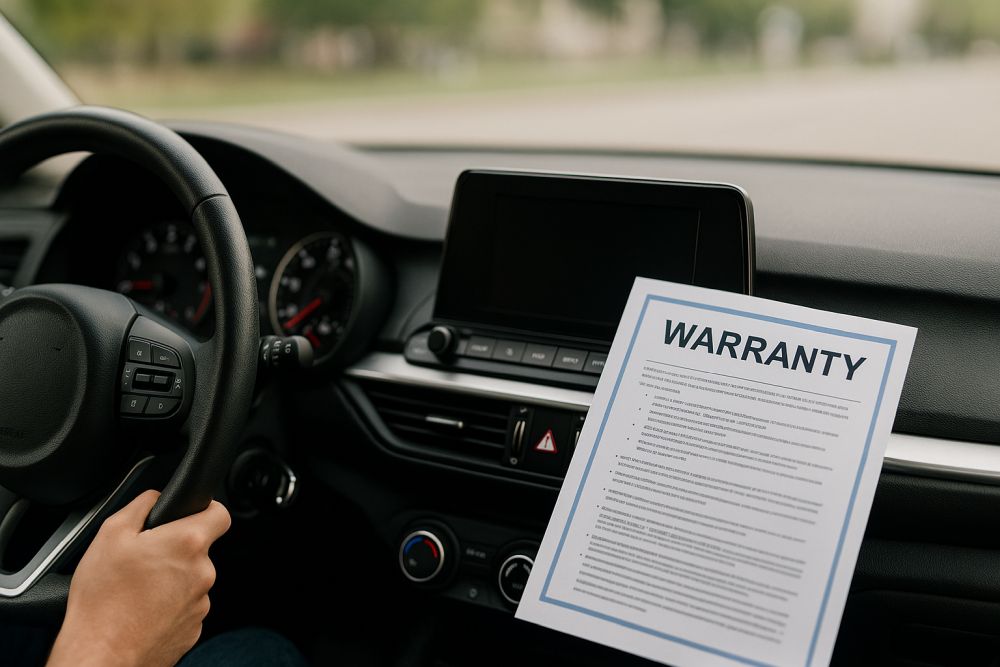When purchasing a used car in Georgia, ensuring that the vehicle is in good condition is crucial. One of the significant risks buyers face is inadvertently purchasing flood-damaged cars. Flood damage can severely impact a car’s functionality, safety, and resale value. This is particularly concerning in Georgia, a state prone to heavy rains and hurricanes that can cause widespread flooding. Understanding how to identify and avoid flood-damaged vehicles is essential for anyone involved in the used car market. By leveraging resources like a VIN checking service, you can make more informed decisions and avoid the pitfalls of buying a compromised vehicle.
Understanding Flood-Damaged Cars in Georgia
Flood damage occurs when a vehicle is submerged in water, especially saltwater, for a significant period. This can lead to various issues, including electrical malfunctions, corrosion, and mold growth. In Georgia, flood-damaged cars often appear in the market following major storms and hurricanes. Unscrupulous sellers might try to clean and sell these vehicles without disclosing their history, potentially deceiving unsuspecting buyers.
Signs of Flood Damage to Look For
Identifying flood-damaged cars involves a thorough inspection. Here are some telltale signs:
- Water Stains: Check for watermarks on the upholstery, carpet, and inside the trunk or glove compartment.
- Musty Odors: A persistent mildew or mold smell could indicate prolonged water exposure.
- Rust: Look for rust under the vehicle, around bolts, and on metal components under the dashboard.
- Electrical Issues: Test all electrical components, including lights, gauges, and infotainment systems for functionality.
Steps to Avoid Buying Flood-Damaged Cars
To protect yourself from purchasing a flood-damaged vehicle, follow these steps:
- Check the Vehicle History: Use tools like the VinCheckPro’s free VIN decoder to access the car’s history report. Look for any flood-related incidents or salvage titles.
- Inspect the Car Thoroughly: Conduct a detailed physical inspection or hire a professional mechanic to check for signs of water damage.
- Verify Title and Registration: Ensure the title is clean and does not indicate prior flood damage or salvage status.
- Trust Your Instincts: If a deal seems too good to be true, it may be worth questioning the vehicle’s history and condition.
The Role of VIN Decoding in Identifying Flood-Damaged Cars
VIN decoding is a critical step in the car-buying process, especially in regions like Georgia prone to flooding. A VIN, or Vehicle Identification Number, provides a wealth of information about a car’s history, including past flood damage. By decoding the VIN, buyers can access detailed reports that reveal the vehicle’s previous ownership, accident history, and title status. This transparency is invaluable in avoiding flood-damaged cars in Georgia and making informed purchasing decisions.
Leveraging Georgia Car Plate Lookup
In addition to VIN decoding, a Georgia car plate lookup can offer further insights into a vehicle’s past. This tool allows buyers to cross-reference information and verify details about the car’s history. When used in conjunction with VIN reports, this can provide a comprehensive view of the vehicle’s condition and help avoid unwanted surprises.
Frequently Asked Questions
What should I do if I suspect a car is flood-damaged?
If you suspect a car has been flood-damaged, walk away from the deal. Consider reporting the vehicle to authorities to prevent others from being deceived.
Can a flood-damaged car be repaired?
While some repairs are possible, flood damage often leads to long-term issues that may not be fully resolvable. It is generally advisable to avoid purchasing such vehicles.
How can I use a VIN decoder effectively?
Enter the VIN into a reliable tool like VinCheckPro’s free VIN decoder to access the vehicle’s history report. Review details about past ownership, title status, and any recorded flood damage.
Are flood-damaged cars always marked with a salvage title?
Not necessarily. Some sellers may clean up and sell flood-damaged cars without properly updating the title, making it essential to perform thorough checks.
Why is Georgia particularly risky for flood-damaged vehicles?
Georgia’s susceptibility to hurricanes and heavy rains increases the likelihood of flood-damaged cars entering the used car market, necessitating extra caution for buyers.


